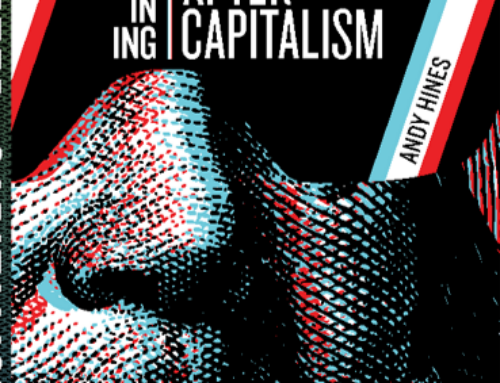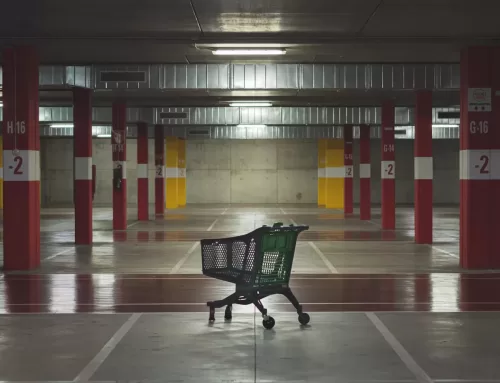We are told that the Great Recession lasted from 2007 to 2009. Yet for over 64% of Americans, the Great Recession has not ended for them. And for Edie Weiner, the recession was not a recession at all. It’s an economic transformation to the new normal. The recessio n marked the transition to the Metaspace Economy. Since the 1990s Edie Wiener and her team at Future Hunters have argued that we are at an accelerated rate of economic change. The lifespan of each succeeding economy continues to collapse: 10,000 years of agriculture, 100 years of industrialization, 45 years of post-industrial economy, the past 25 years of the Emotile Economy, and now its transition to the Metaspace Economy. Wiener warns that this ever-shrinking lifespan cuts short the “time to build new industries” that would “employ all people not needed in the prior economy.”
n marked the transition to the Metaspace Economy. Since the 1990s Edie Wiener and her team at Future Hunters have argued that we are at an accelerated rate of economic change. The lifespan of each succeeding economy continues to collapse: 10,000 years of agriculture, 100 years of industrialization, 45 years of post-industrial economy, the past 25 years of the Emotile Economy, and now its transition to the Metaspace Economy. Wiener warns that this ever-shrinking lifespan cuts short the “time to build new industries” that would “employ all people not needed in the prior economy.”
The 10 Dimensions
The Emotile Economy, uniting the words ‘emotion’ and ‘motile’, reflects on economy focuses on personalized consumption and frantic dynamics. The coming Metaspace Economy will focus on 10 dimension – the “growth areas of the future”:
- Time Space: Time as a precious commodity, motivating new ways to save time (e.g. via automation to outsourcing)
- Micro Space: All small things – from bits to atoms and anti-mater to genes and light – and its impact on material science, nanotechnology to 3D printing
- Design Space: The experiential aspects of design for the intangible (services) to tangible (architecture)
- Play Space: Emphasis on engaging and interacting, such as via gamification
- Storage Space: Storage needs for digital goods in the cloud to nuclear waste facilitates
- Inner Space: Furthering the human mind, using neuro-technologies to mindfulness
- Cyber Space: From the internet to social media and virtual reality
- Green-to-Blue Space: Beyond sustaining to improving the environment
- Inter Space: Taking inspiration from the internet to build new ‘nets’ such as Internet of Things (IoT)
- Outer Space: Growing human reliance on space technologies
Weiner asserts that the Metaspace Economy will represent new challenges for the world:
- Innovation is happening faster than ever before
- Unemployment will rise as old industries are destroyed faster than new industries can be built
- Education and other institutions need to be conceptualized for the Metaspace Economy and ever increasing rates of change
Taking a step back, it is difficult to see how much depth the term ‘metaspace’ has, which appears only to be clunky way to bring disparate areas – green-to-blue space to time space – under a single umbrella term. Unlike other terms, such as the industrial revolution or the leisure economy, there’s a lack of strong impression of the world the word attempts to represent.
In a way, these ten areas outlined by the Metaspace Economy are similar to STEEP, but with an orientation towards looking at the changing nature of how people do things: how people play, learn, work, love, and build friendships in areas that have been transformed from technology. Thus, while the Metaspace Economy does not specifically paint a direction for the world to go, it does provide a framework of where to look for the changes that may transform the world. — Daniel Riveong




